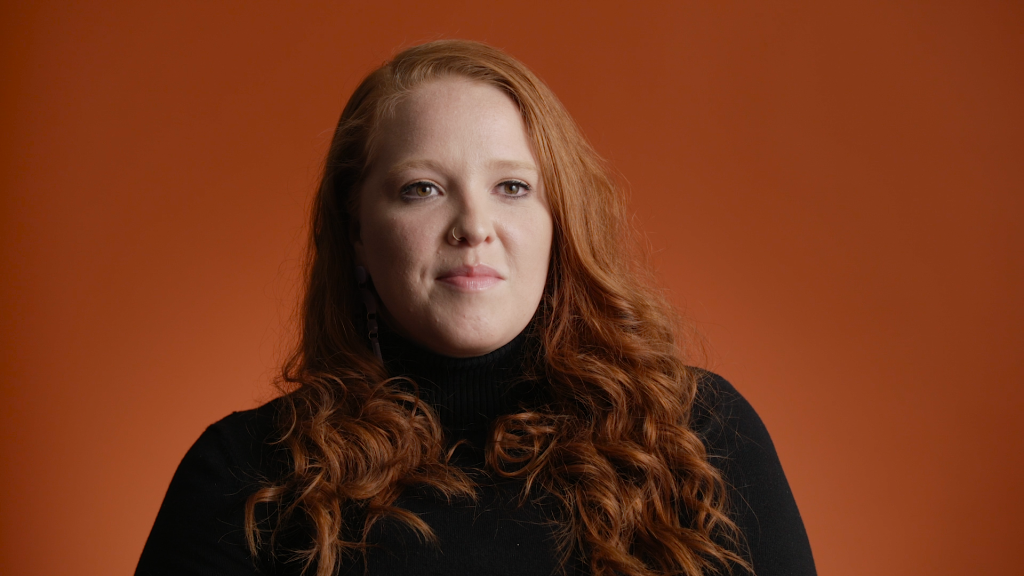Celebrate Life. Live Drug Free.
That is the message of this year’s Red Ribbon Week. Starting in 1985 after the murder of a DEA agent, angry parents and youth across the country wore red ribbons to show their commitment to raising awareness of the dangers of drugs in America.
Today, Red Ribbon Week is a unified week every October to help ensure others know the dangers of trying drugs even once. More than 80 million people participate in Red Ribbon events each year, and nearly every public school in the United States takes part. The mission of the campaign is as important today as it was 37 years ago.
Did you know:
- More than 10.6% of teenagers 12- 17 admit to being current illicit drug users.
- More than 13% of adults who have a dependency on an illegal drug tried marijuana for the first time at 14 or younger.
- High school seniors are the most likely age demographic to have used illicit drugs within the past 30 days.
- About 10% of high school seniors also report using amphetamines at least once a year.
Tackling a Growing Issue
The abuse of drugs – both prescription and illicit – is a growing issue in recent years. Many states are legalizing marijuana in some capacity, changing the way the public and youth view marijuana use, and the opioid epidemic continues to impact millions in the United States.
“We see patients that are younger and younger coming in that are struggling with substance use,” says Brittni Ezeah, Hunter Health Integrated Care Consultant. “It impacts their lives in every way imaginable. Their mental health. Their relationships. Their education. Their family life.”
Studies increasingly show the impact this kind of abuse can have on youth long term. Early substance abuse increases the likelihood of a person developing psychiatric disorders when they are in their 20s. And teens who use drugs have a 1 in 4 chance of developing an alcohol dependency when they become an adult.
“Substance use can directly cause the development of mental health disorders,” says Ezeah. “When it comes to kids, their brains are still developing. These are very formative years of their life that will impact them long term. Substance use is going to have a huge impact on their brains, their learning, how they’re functioning and interacting with people, and their mental health.”
The Key to Overall Wellness
The need to raise awareness of the impact of substance abuse is clear. The ties to mental health mean this growing issue is a matter of overall health and wellbeing. Thankfully, there are several resources for those looking to break the habit.
More than one million Americans now receive medication-assisted treatment. These programs provide critical access to medications previously only available at addiction centers for those with substance use disorders. It is one of the newest pieces of Hunter Health’s Integrated Care model, which gives you full access to healthcare professionals in our Medical, Dental, Vision, and Behavioral Health departments, with the added benefit of an on-site pharmacy.
“Our integrated-care model is uniquely poised to manage MAT,” says Dr. Kaitlin Boger, director of integrated care. “When a patient comes for any visit, we can identify a substance-use disorder through our screening, a concern brought forward by staff, or an individual report. Our integrated-care consultants then complete an MAT assessment that same day to help determine if the patient would be a candidate for the program.”
If brought into the program, patients meet their MAT provider at our clinic, get set up with medication, and regularly receive evaluations to make sure the treatment is working properly. The MAT medications are FDA-approved, and those in the program have a 90% chance of maintaining their sobriety after two years. It’s an invaluable resource for those in need.
This type of integrated care allows for relationship-building and a better understanding of the patient’s needs. It can be a game-changer for those in need. To learn more, and start your own unique path to overall wellness, call our clinic at 316-262-2415 and schedule an appointment.


